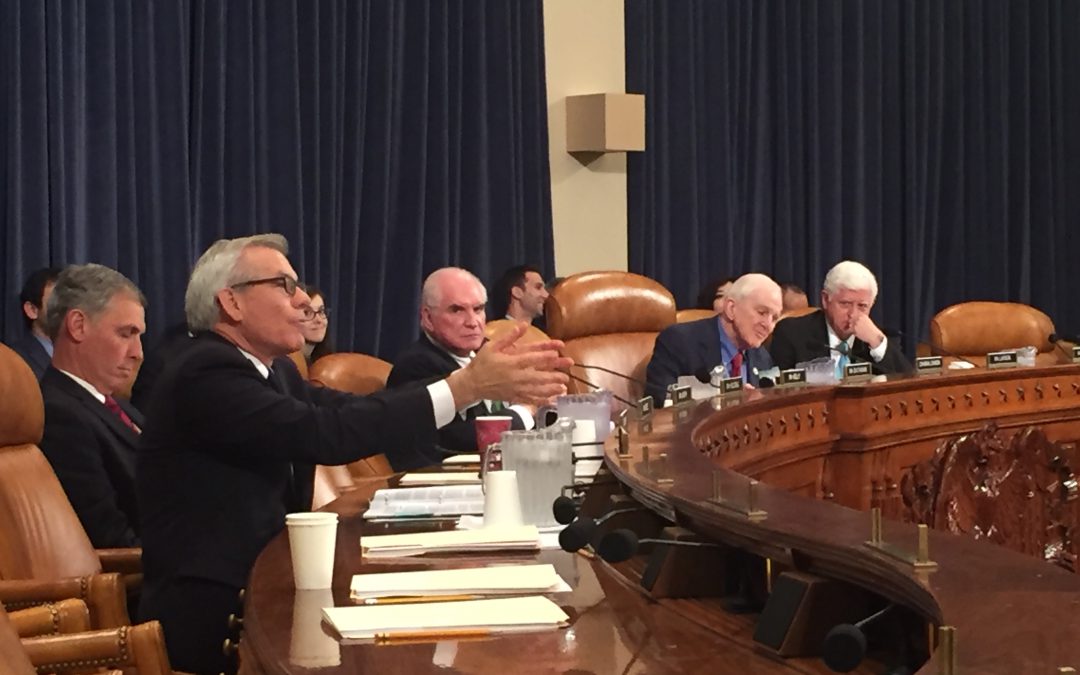WASHINGTON – To keep up with the record-breaking pace of cyber crime against Americans, Social Security numbers need to be replaced as the de facto required identification, but not by switching to complicated technologies like blockchain, cybersecurity experts say. Instead, the federal government should turn to smart chip technology already used by most Americans.
The government should not “fall victim to the blockchain hype,” McAfee Chief Technology Officer Steve Grobman said Thursday at a House subcommittee hearing on identity security online.
The federal government would require significant scale, which would ultimately not be a good fit for blockchain architecture, according to Grobman.
Instead, he said the government should turn to tools and technology that Americans are familiar with, such as the recent shift to smart chip technology used in credit cards.
“[Chip-based technology] is simply a matter of using math — cryptography algorithms — to prove that individuals are who they are, as opposed to giving the parties something would let them impersonate the individual,” Grobman said.
Preventing Social Security number theft is becoming an increasingly pertinent issue. Hacking activity reached an all-time high last year for the second year in a row — adding up to over 1,500 data breaches, according to the Identity Theft Resource Center.
“Social Security numbers are the keys to the kingdom for identity thieves,” consumer privacy expert Samuel Lester of the Electornic Privacy Information Center told the subcommittee.
He said cyber criminals use the numbers to take out lines of credit, open bank accounts, apply for student loans, obtain passports and ultimately create a financial mess for the individual whose number was stolen.
Grobman said a unique way to identify individuals without using Social Security numbers should be a priority for the federal government.
“The question we need to ask as U.S. citizens is, why would we move forward to a more secure system for financial instruments such as credit cards but lag in our progress toward a more secure system for proving our identities as individuals,” he said.

